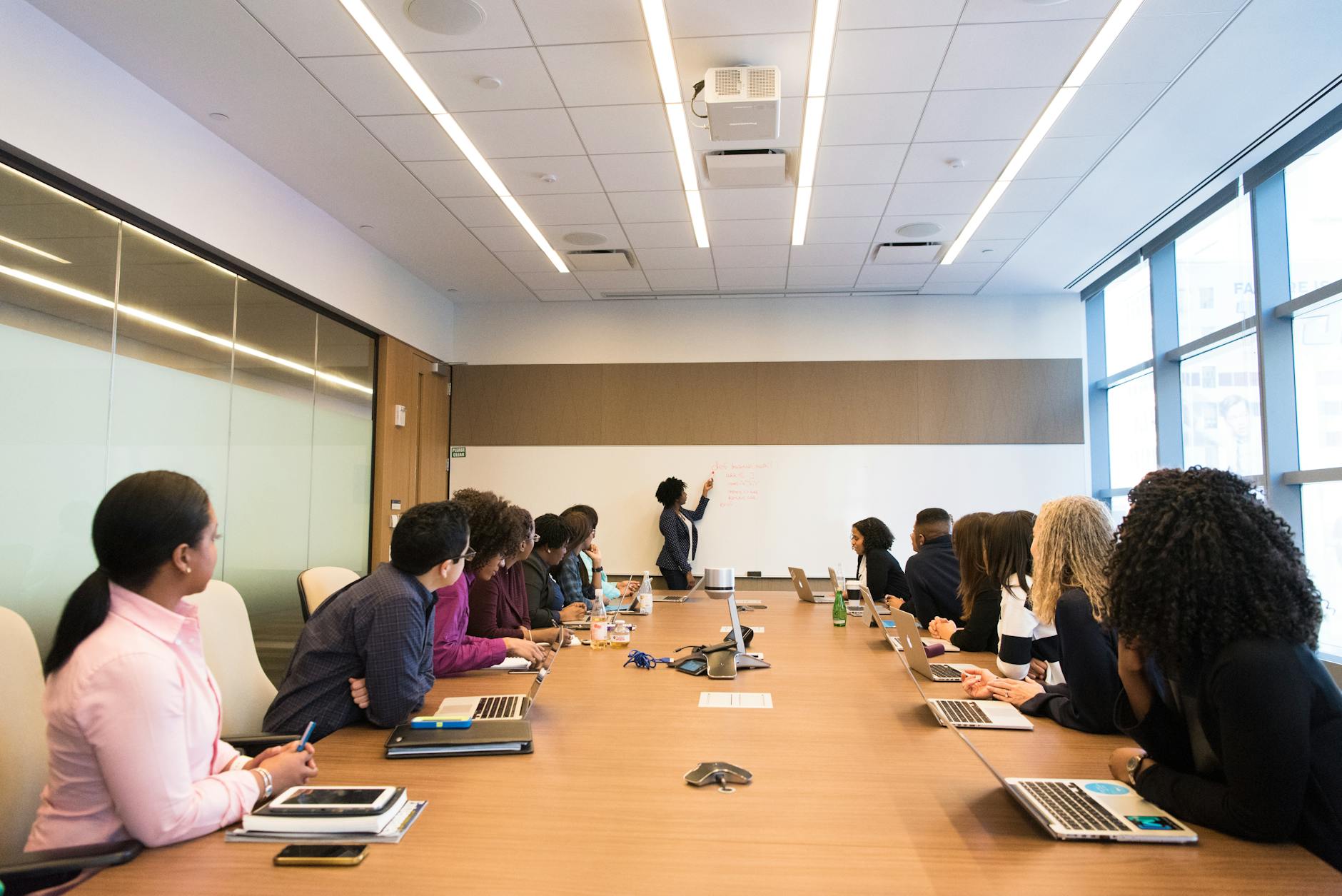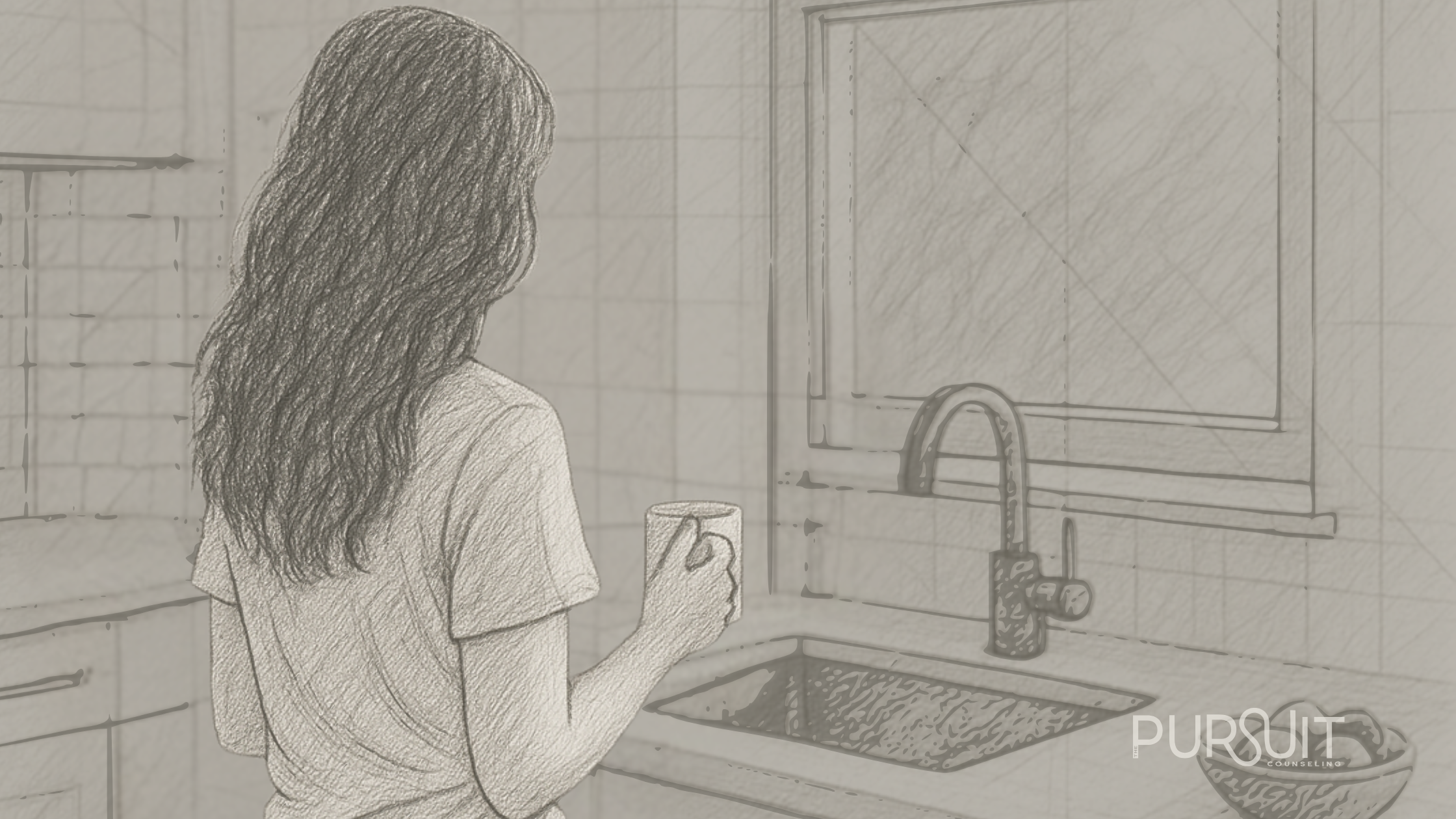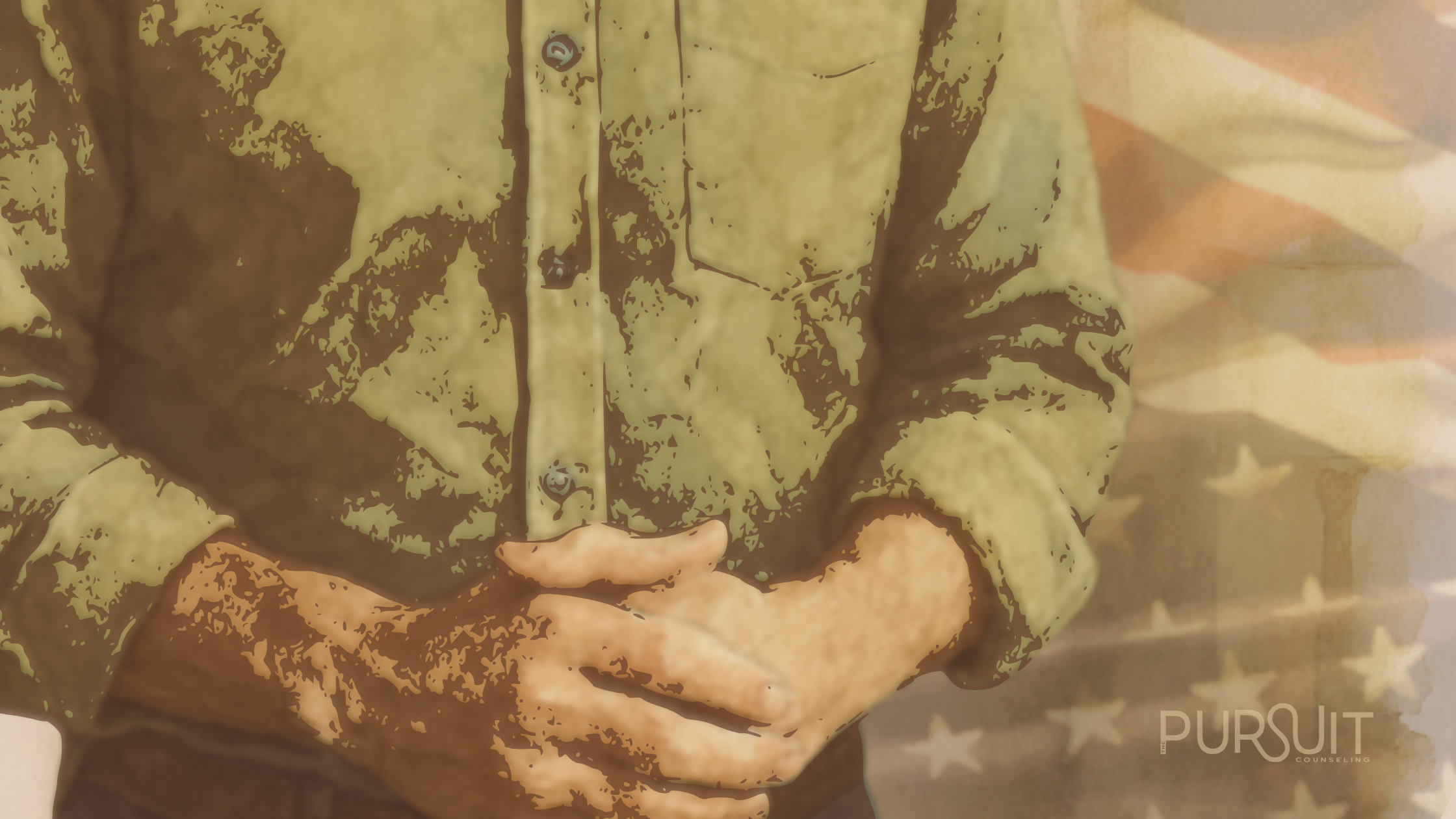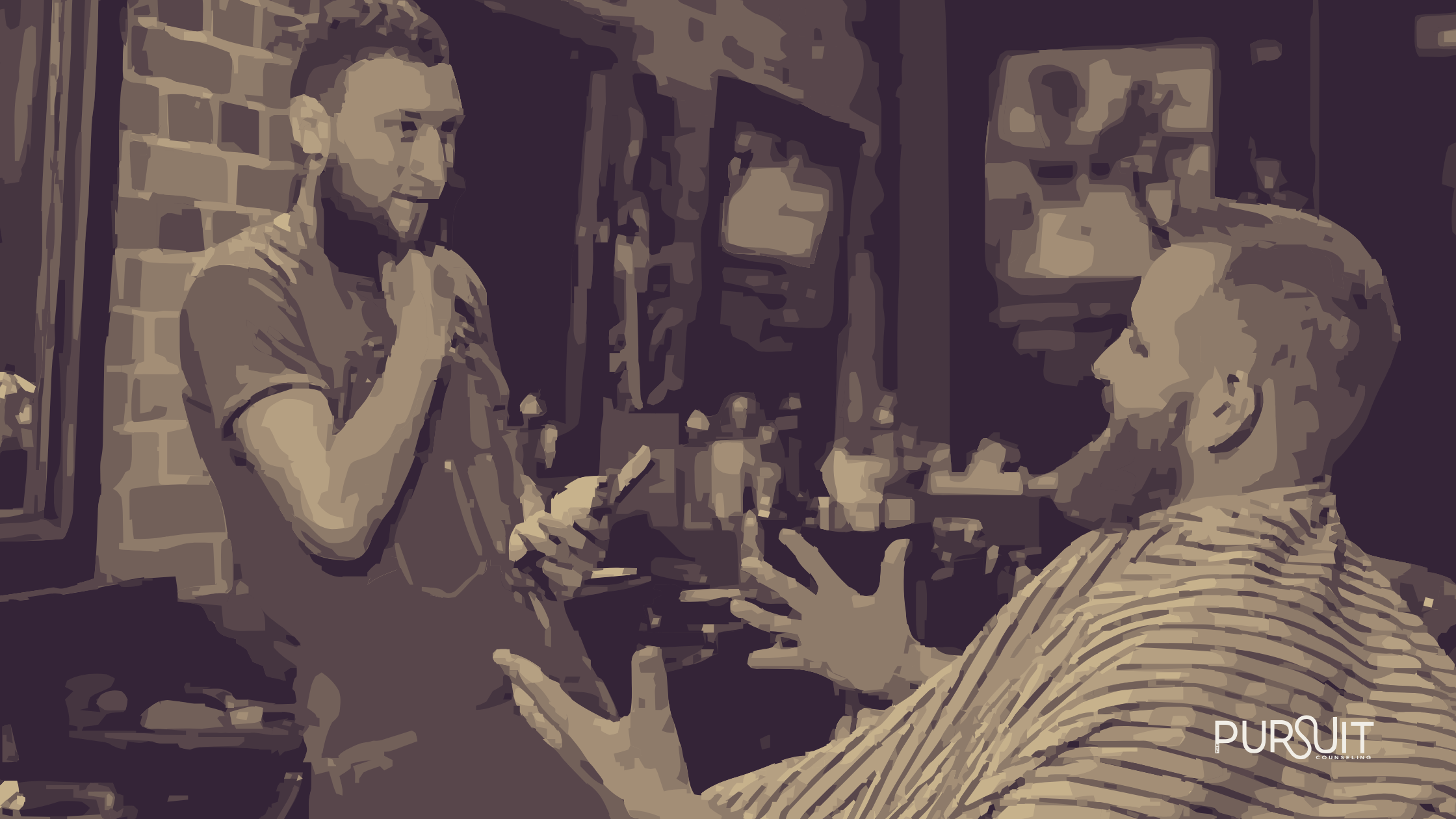How social anxiety and depression are related
Social anxiety and depression are clinical words that have gradually become part of the societal vernacular, but despite their close connection in pop culture, the connection between the two is rarely visited.
Defining Terms
First, let’s start with some definitions courtesy of the DSM (Diagnostic and Statistical Manual of Mental Disorders) used across all healthcare professions. The primary clinical marker of social anxiety is a, “marked and persistent fear” of one or more social situations. Depression has many markers, but it can primarily be noticed when your overall mood is down , “most of the day or nearly everyday.”
The (Sometimes) Hidden Connection
On face value, the connection between social anxiety and depression can be clear at times and invisible at others. At their core, social anxiety and depression can combine to create a cycle of behavior that can keep us entrapped.

Picture this, you enter a room with an unknown group of people for an event and your social anxiety spikes. You keep to yourself and mentally lock yourself away from conversing with those around you. You think that everyone is judging you and feel paralyzed to make any unnecessary movement out of fear you will be judged further. After the event concludes, you ruminate in your head about all of the things you wish you had done or said and all of the things you believe those around you thought about you. When you are back home, your whole mood sinks and you do not believe you are capable of attending events without being judged. You feel worthless and the idea of attending another social event spirals you back into anxiety.
What this example illustrates is the unhappy marriage of social anxiety and depression and the difficult cycle it creates. Did you notice that there is one common factor with both sensations though? The commonality is thoughts. Thoughts are like the fuel we put into our tank going into any environment, and both social anxiety and depression demand a lot of fuel.
Finding New Fuel
Regardless of social anxiety and depression, we all use “fuel” to function in situations. The question is, what fuel are we putting in our tanks? Every negative thought is like mismatched fuel. It is like putting diesel in a car that takes regular gasoline – eventually the engine will not function properly. The destination (thriving at the social event) will not get any closer. In some cases, our “engines” are already not working when we first enter the social situation because we are already filled with so many negative thoughts that there is no fuel to push us. When we fill our tanks with positive “fuel” (thoughts), we can get to our destination and have fuel leftover for thinking positively about ourselves.
Breaking the Cycle
Breaking the negative thought pattern cycle of social anxiety and depression is no small task. It involves systematically looking at how your thoughts “fuel” your core beliefs about yourself and other people. Putting the correct “fuel” in your tank takes time when you are used to how you run with the incorrect “fuel” so this process is not always straightforward. However, breaking a pattern starts by recognizing a pattern, and engaging in this work puts you on the track to beating the vicious cycle social anxiety and depression brings.
Work Together
Exploring thought patterns is difficult enough, but doing it alone adds an extra layer of discomfort. The therapists at the Pursuit Counseling are equipped to help you along your journey to not just surviving social events but thriving in them. Book now so we can help you fuel your journey as we reach your destination together or learn more about anxiety therapy.




